Publications
Articles, publications, books, tools and multimedia features from the U.S. Institute of Peace provide the latest news, analysis, research findings, practitioner guides and reports, all related to the conflict zones and issues that are at the center of the Institute’s work to prevent and reduce violent conflict.
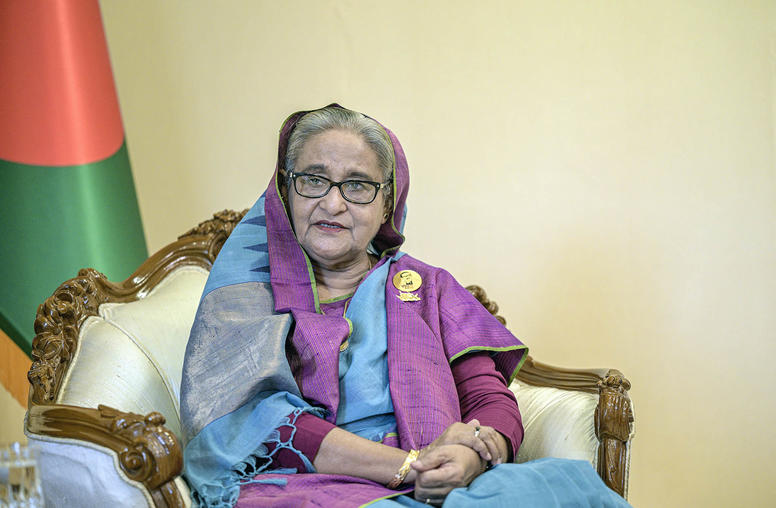
A Perilous Moment for Bangladesh’s Democracy
Bangladesh’s parliamentary elections in January cemented the country’s transition to a “dominant-party” political system. Aided by an opposition boycott on Election Day, the Awami League (AL) extended its 15 years in power with another five-year term, which will soon make Bangladesh’s prime minister, Sheikh Hasina, the world’s longest continuously serving female head of government in contemporary history. But political dominance comes with risk. Around the world, dominant-party systems often develop common maladies that harm the country’s governance. Ensuring competition across politics, government and the economy can forestall these problems.
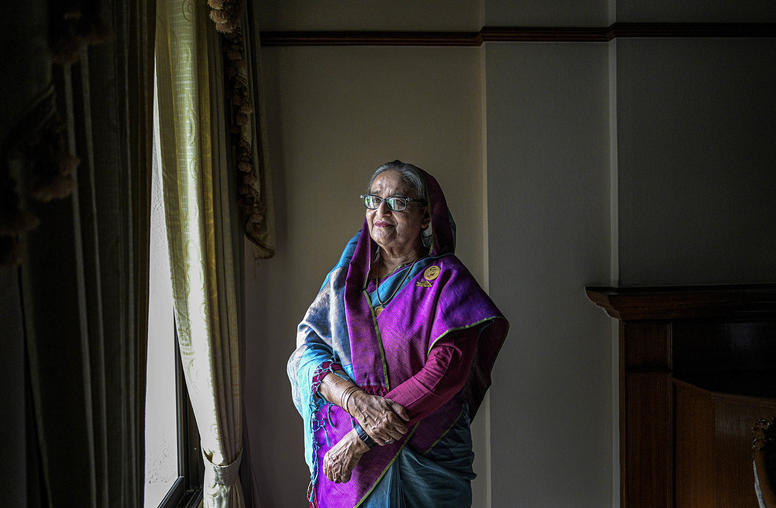
Opposition Boycott Clears Path to a Fourth Term for Hasina in Bangladesh
Bangladeshi Prime Minister Sheikh Hasina is set to win a fourth consecutive term in general elections on January 7. A boycott by the Bangladesh Nationalist Party (BNP), the South Asian nation’s main opposition party, will ensure the success of Hasina’s Awami League (AL) despite the grim economic state of the country.
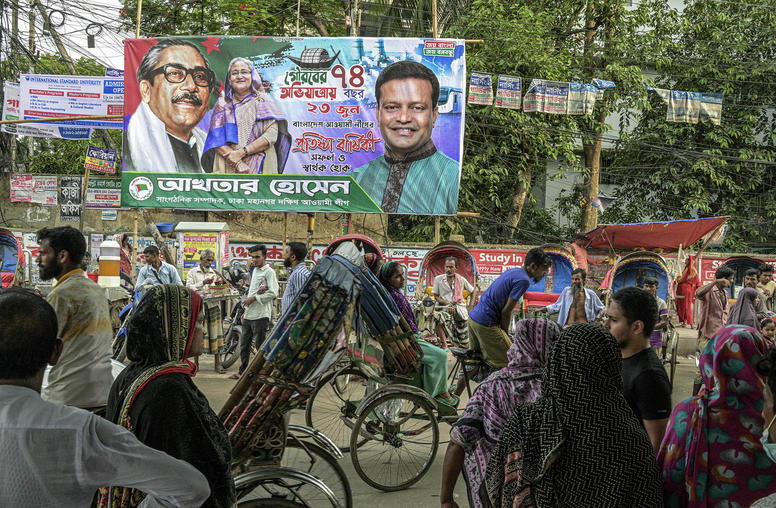
What Does Bangladesh’s Upcoming Election Mean for its Foreign Policy?
Bangladesh is getting more international attention for two very different reasons. Domestically, Bangladesh’s tumultuous political situation ahead of the January 7 parliamentary elections has elicited global scrutiny. The United States, through its rhetoric and actions, has led international actors pushing Bangladesh to improve its democratic processes and calling for dialogue to resolve the current political impasse, which has often received harsh retorts from the Awami League (AL) government. Countering Western pressure, Russia and China have condemned U.S. “meddling” while India has called the upcoming polls an “internal matter.”
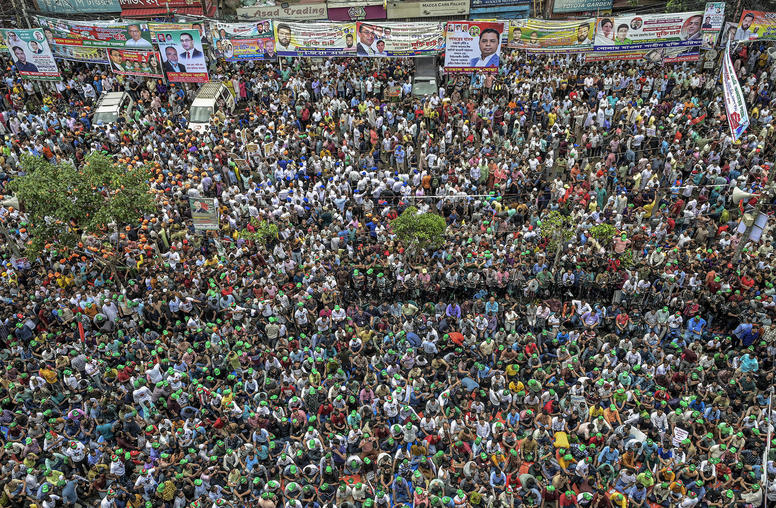
Ahead of Election, Bangladesh’s Political Turmoil Spills into the Streets
With Bangladesh’s parliamentary elections set for early January, the opposition’s push for the resignation of Prime Minister Sheikh Hasina and the installation of an interim election-time government has reached its crescendo — sending the country’s streets and politics into tumult in the process. With no sign of political compromise in sight, Bangladesh’s January elections will likely do little to repair its deep political divisions.
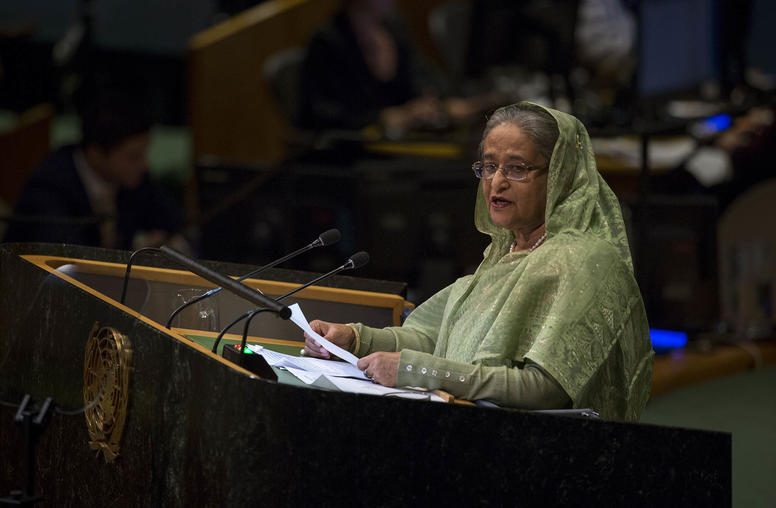
Bangladesh: Survey Reveals Premier Remains Popular Despite Growing Public Discontent
Political tension is rising in Bangladesh ahead of the country’s next round of national elections, due by January 2024. The opposition Bangladesh Nationalist Party (BNP) is boycotting elections to extract concessions from the government on election management; rampant inflation is increasing citizens’ daily struggles; and both the BNP and ruling Awami League (AL) are holding large rallies across the country to mobilize their supporters. Yet in this tumultuous political scenario, there is little publicly available polling to understand the state of race.
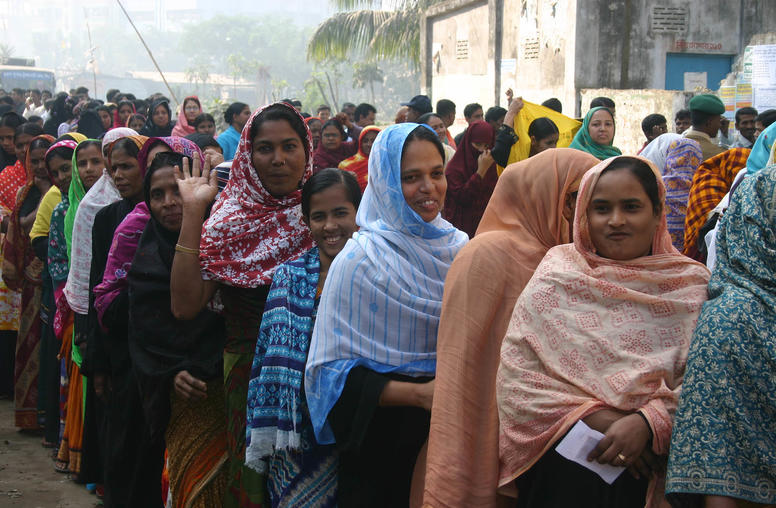
Three Things to Watch as Bangladesh’s National Election Season Heats Up
Bangladesh is increasingly recognized as an important player in Indo-Pacific competition, but its tumultuous domestic politics are now drawing attention with parliamentary elections due by January 2024. Economic crisis and opposition mobilization threaten to unseat the ruling Awami League (AL), which faces escalating American pressure to prove its democratic credentials after 15 years in power. The primary opposition party, the Bangladesh Nationalist Party (BNP), is currently boycotting the next national contest until Bangladesh’s election administration is reformed. On the streets, violence is rising between and within parties while voter disillusion has grown amid years of political intransigence.
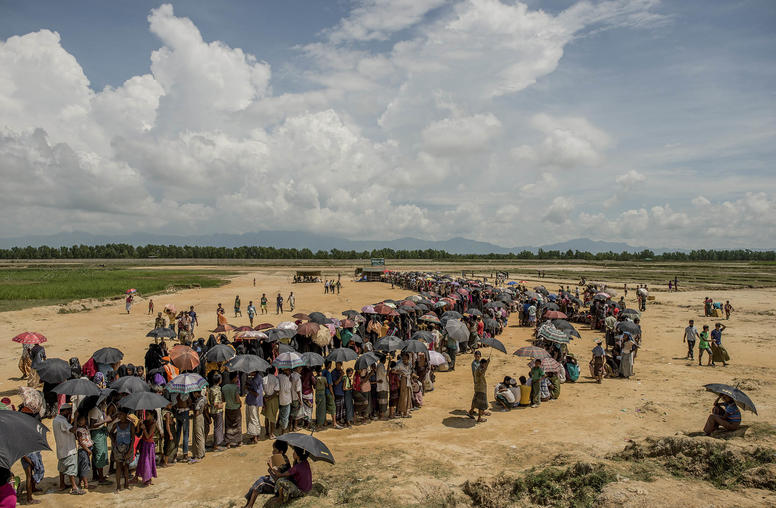
Conflict Dynamics between Bangladeshi Host Communities and Rohingya Refugees
In August 2017, several hundred thousand Rohingya fled violence and persecution in Myanmar, seeking refuge in Cox’s Bazar in neighboring Bangladesh. In the years since, the Bangladeshi government has provided a safe haven for the refugees. Yet there are signs of increasing discontent in the Bangladeshi host community over insecurity, economic costs, and other negative effects of the refugee camps. As this report explains, addressing this potentially combustible situation will be vital to ensuring a sustainable humanitarian effort in Cox’s Bazar.
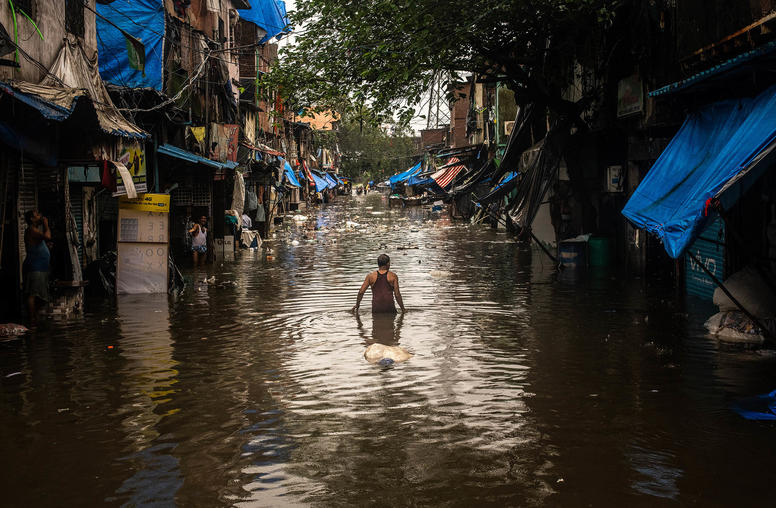
It’s Time for South Asia to Talk Climate
That India and Pakistan are engaged in backchannel track 2 diplomacy is the worst kept secret in South Asia. It does not take a vivid imagination to guess what dominates the agenda at these talks: Kashmir, terrorism, trade, perhaps crisis behavior under the shadow of nuclear weapons. Welcome as such conversations are, they are almost assuredly lacking focus on the biggest crisis facing the region’s inhabitants: climate change.
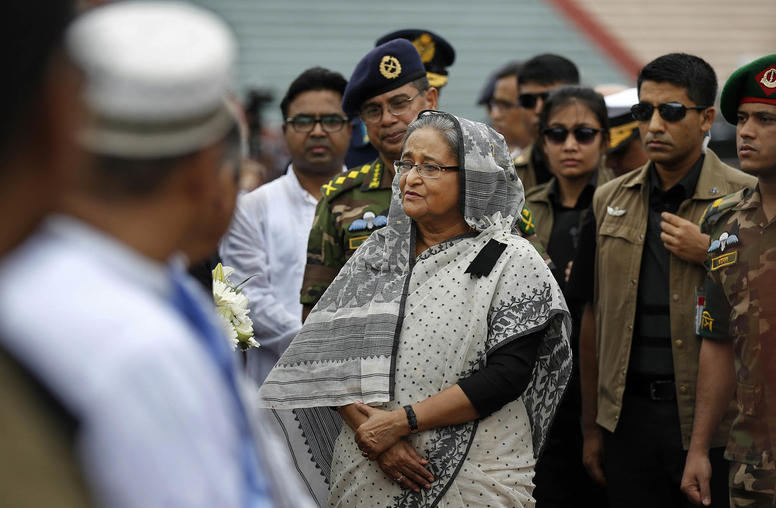
The Persistent Challenge of Extremism in Bangladesh
On July 1, 2016, Bangladeshi militants carried out an attack, targeting mostly foreigners and non-Muslims, at the Holey Artisan Bakery in Dhaka. The Bangladeshi government responded to the attack with a concerted and controversial counterterrorism campaign. Although the number of terrorist incidents has been in steady decline since 2016, Islamist groups continue to operate, recruit, and carry out small-scale attacks while aspiring to perpetrate greater violence. This report examines the dynamics, drivers, and manifestations of extremism in Bangladesh and discusses measures to weaken its appeal.
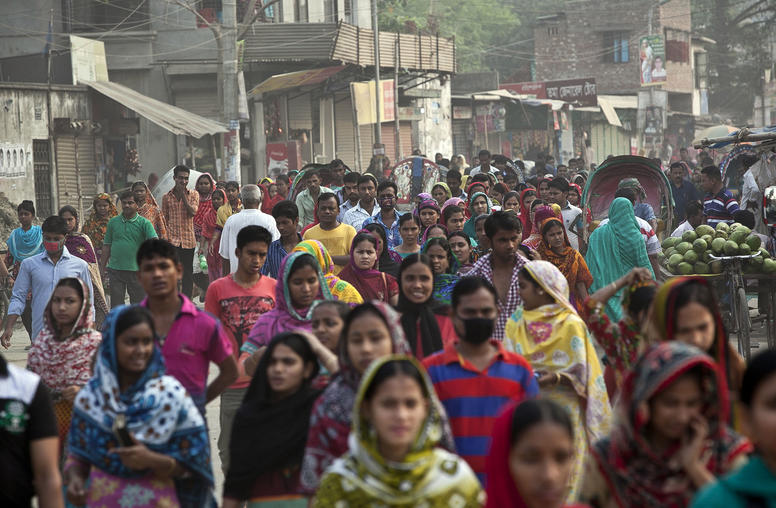
Bangladesh’s Balancing Act Amid the U.S. Indo-Pacific Strategy
As the Biden administration implements its new Indo-Pacific strategy, Bangladesh’s relationships with neighboring India and China are drawing renewed interest from U.S. policymakers. U.S. Undersecretary for Political Affairs Victoria Nuland visited Dhaka in late March and signed a draft defense cooperation agreement; last year, Special President Envoy for Climate John Kerry also went to Dhaka in advance of the Leaders’ Summit on Climate. At the same time, Washington retains concerns over democratic backsliding, human rights abuses and constraints on free and open electoral competition in the country. Experts Anu Anwar, Geoffrey Macdonald, Daniel Markey and Jumaina Siddiqui assess the factors shaping Bangladesh’s relations with its neighbors and the United States.